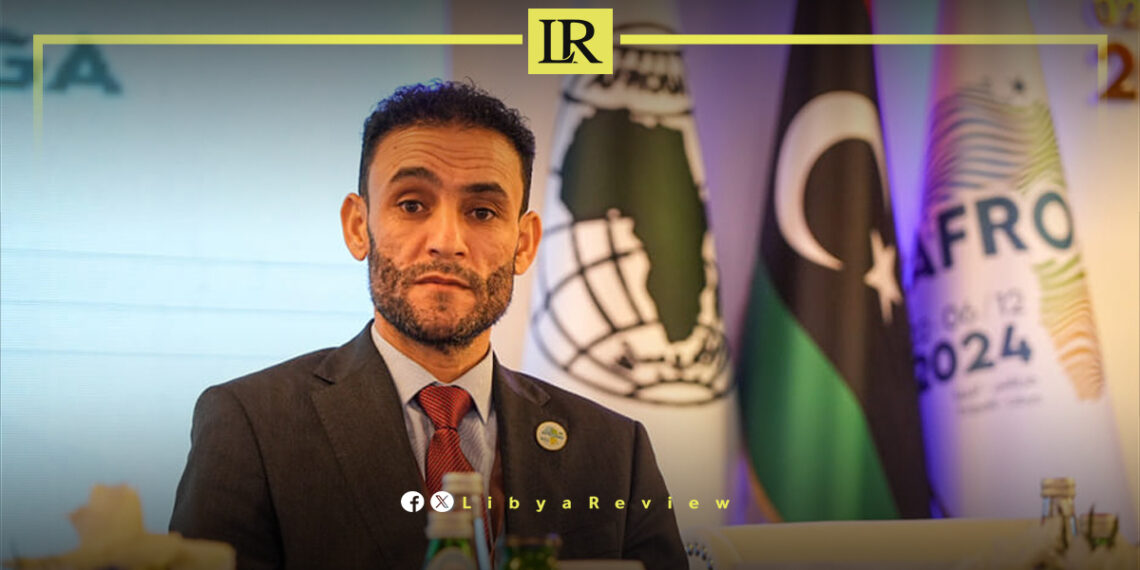The Deputy of Libya’s Audit Bureau, Attia Allah Hussein, has officially addressed the Governor of the Central Bank of Libya, accusing him of misusing his powers in ways that do not serve the state’s economic objectives and disrupt the banking sector’s operations.
According to the official correspondence, the Deputy highlighted that the Governor’s powers include intervening in the management board’s operations, overstepping his roles regarding replacing general managers of banks, and imposing general managers on the boards.
He urged the Governor to cease any actions towards changing the management boards and executive management of the state-owned commercial banks and to adhere to proper legal and governance standards, maintaining a clear separation between the Central Bank’s roles as a regulator and owner.
Libya has been in chaos since a NATO-backed uprising toppled longtime leader Muammar Gaddafi in 2011. For years, the county has been split between rival administrations.
Libya’s economy, heavily reliant on oil, has suffered due to the ongoing conflict. The instability has led to fluctuations in oil production and prices, impacting the global oil market and Libya’s economy.
The conflict has led to a significant humanitarian crisis in Libya, with thousands of people killed, and many more displaced. Migrants and refugees using Libya as a transit point to Europe have also faced dire conditions.
The planned elections for December 2021 were delayed due to disagreements over election laws and the eligibility of certain candidates. This delay has raised concerns about the feasibility of a peaceful political transition.
Despite the ceasefire, security remains a significant concern with sporadic fighting and the presence of mercenaries and foreign fighters. The unification of the military and the removal of foreign forces are crucial challenges.


